Kids’ Banking 101
It’s never too early to learn about money and the importance of financial responsibility. Strong financial values now can lead to big dividends later in life. Use the information below to teach your children the basics of banking.
Checking
A checking account is the most common type of bank account. Unlike a savings account – where money is kept until you plan to use it in the future – a checking account is where people keep money that will be used now, for example, to pay bills and buy things.
Checking accounts use paper checks and plastic debit cards to spend money from the account. These methods allow you to buy things without using cash. However, this comes with the responsibility of keeping an accurate record of all the checks you’ve written and debit card purchases you’ve made. If you’re not careful, you can spend more than you have in the account, and the bank may not allow the purchase, or worse, charge you an overdraft fee.
Savings
It takes money to pay for the things you want. One way to make sure you always have money is to start saving a portion of the money you receive. Whether it’s your allowance, or birthday or holiday gift money, saving some of what you get is a great way to be sure you have money set aside for that extra-special thing you really, really want.
When you put your money into a savings account at the bank, it will be kept in a safe, or vault, to protect it from fire, bank robbers and other dangers. It will also be insured by the Federal Deposit Insurance Corporation (FDIC), so if anything does happen, you will still have your money available.
Even better, money in a savings account will earn additional money called interest. One of the ways banks make money is by charging people to borrow money. The money that the bank charges is also called interest. The interest rate is the percentage of the amount of money being borrowed. The money that the bank lends comes out of the savings accounts (including yours) that people have with the bank. When banks use your money, they pay interest for the money they are borrowing from you.
The longer you keep your money in a savings account, and the more money you put in, the more interest you will earn.
Burke & Herbert Bank Kids’ Savings Account
Burke & Herbert Bank’s Kids’ Savings Account makes banking fun for children by offering incentives for good financial behavior, such as quarterly prize drawings and birthday surprises. Engaging children when they are young and showing them that saving is rewarding will help them develop life-long saving habits.
Visit your nearest Burke & Herbert Bank branch or call us at 703-684-1655 to learn more.
*Minimum deposit to open is $10. Transaction limitations apply.
